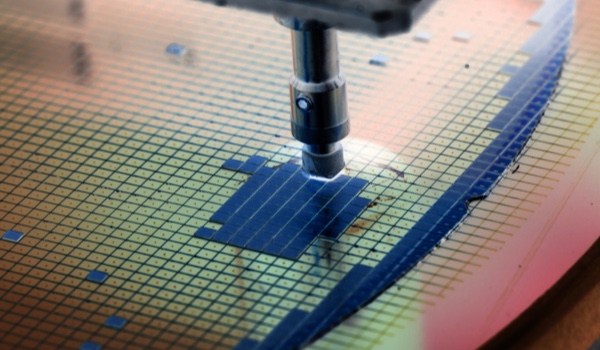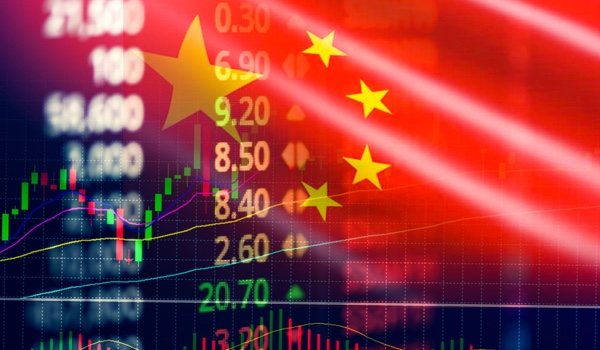


BERKELEY - To be effective, economic sanctions depend on multilateral coordination. Freezing the Russian central bank’s holdings and kicking many Russian banks out of the SWIFT financial messaging system for international payments in response to Russia’s invasion of Ukraine are groundbreaking moves. However, such measures will be successful only if there are no (or at least very few) ways to circumvent them. Their implementation and enforcement must therefore be truly multilateral, extending beyond NATO and the transatlantic community.
The unprecedented multilateral response to Russia’s war is an opportunity for the United States and its allies to strengthen their collaboration on a wide range of shared security and economic issues. Consider the semiconductor industry, which is crucial for today’s economy and for national security. The sanctions that limit Russian access to semiconductors depend on support from TSMC in Taiwan and Samsung in South Korea, the leading global producers of both commodity chips and the more advanced chips used in many weapons systems.
Policy collaboration in the semiconductor sector can and should extend beyond sanctions. There are many promising opportunities for collaboration among the economies that form the core of today’s complex semiconductor supply chain: the US, the European Union, Japan, South Korea, Taiwan, and Israel. All are investing significant public funds and deploying industrial, research, training, trade, and cross-border investment policies to increase the capabilities of their semiconductor producers.
Multilateral policy coordination in the semiconductor industry should aim to ensure a competitive, resilient, secure, and su
The content herein is subject to copyright by Project Syndicate. All rights reserved. The content of the services is owned or licensed to The Yuan. The copying or storing of any content for anything other than personal use is expressly prohibited without prior written permission from The Yuan, or the copyright holder identified in the copyright notice contained in the content. Continue with Linkedin
Continue with Linkedin
 Continue with Google
Continue with Google









 943 views
943 views








